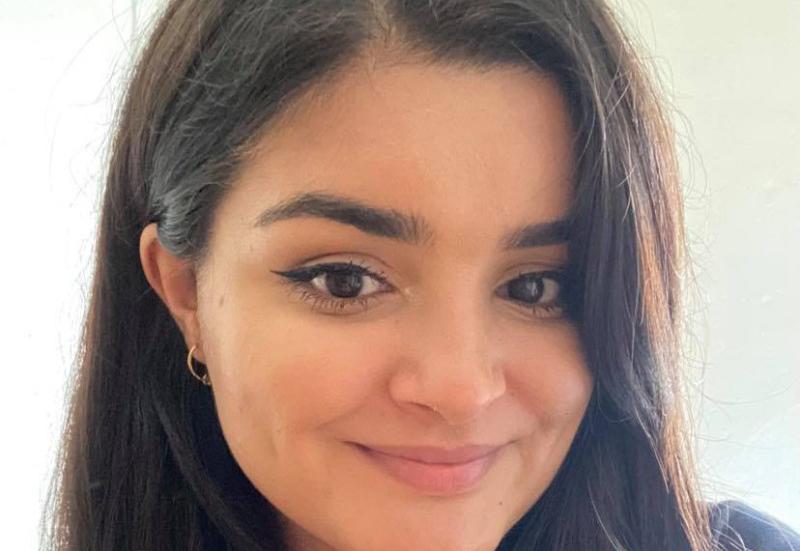Course information
Entry requirements
UCAS code
V101
Entry requirements
A-level: BBB
BTEC: DDM
IB: 33 points overall with Three HL subjects at 655
Length
3 years full-time or 4-6 years part-time
Department
Course overview
History is a relevant, dynamic, fascinating, and important field of study which, at Goldsmiths, is approached in creative, innovative, and exciting ways.
History is the study of the past. Through history, we uncover the richness of human experience across different societies, cultures, times, and places. We learn how the everyday representations and realities of our lives came to be. History enables us to better understand ourselves. History helps us make a better future.
Many aspects of Goldsmiths BA History set it apart from other history degrees. In the 2023 National Student Survey (NSS), 96% of students said that staff are good at explaining things. 92% of students agreed that the course is intellectually stimulating and 96% of students said the course challenges students to achieve their best work. On 'Teaching' we are ranked joint 10th in the UK (National Student Survey, 2023). The Department has been rated top 20 in the UK for quality of teaching in the Guardian University League Table 2023.
Goldsmiths has a rich heritage of social awareness, civic engagement, creative arts, digital innovation, and equality, diversity, and inclusion. As a Goldsmiths graduate, you will be among the most critically engaged, interdisciplinary educated, and socially aware graduates of the University of London.
Why study BA History at Goldsmiths
-
We are global. You will learn about the history of the world from Britain to the Balkans, from Ireland to India, and from Africa to America. You will learn about the depth and breadth of global connections that span our multicultural world.
-
We are relevant. You will learn about key events in history, from the Silk Road to the Cold War. You will discover their continuing legacies. You will learn about the long history of ideas such as democracy, liberalism, identity, equality, terrorism, gender, health, and sexuality. You will learn how to think critically about knowledge production and communication; to look beyond the words on the page, delve into the emotional meaning of images and spoken word, and to dig into the truth behind the data.
-
We help you explore your interests. Across the degree, you will be able to choose from a wide variety of optional modules. In years 2 and 3, you can choose to study module options at Birkbeck, Kings College London, Queen Mary, Royal Holloway, and University College London. In your final year, you will undertake a research dissertation on a topic of your own choosing.
-
We are interdisciplinary. In year 1, you will learn key academic skills and explore connections between history and other disciplines such as management, computing, and education. You will learn about issues of identity and environment. In year 2, you will undertake project work to address UN Sustainable Development goals. You can also choose an interdisciplinary module option from another academic discipline§ such as Anthropology, Politics, Media Studies, and Sociology. This is part of our Connected Curriculum.
-
We are research-led. You will learn how to think critically by being introduced to cutting-edge research in fields like non-traditional military history, Black British history, and Queer history. You will be introduced to innovative historical methods from oral and public history. Archival collections at Goldsmiths and Senate House, and numerous digital collections, will be at your disposal.
-
We help you achieve academic success. Whatever your prior learning experiences, you will learn how to sharpen your academic skills. You can study through our online module so you’re ready to hit the ground running when you arrive on campus. You will meet your personal tutor during induction and once per term to help you set goals and improve your skills. You will participate in diverse assessments, so you can apply your learning to practice. You will learn with the support of peers in small group seminars, field trips, and film screenings.
-
We develop you to succeed in your future career. You will gain career knowledge and experience, including through our work placement module which will help you stand out to future employers. You make your voice heard by becoming a student representative or taking part in our Student Ambassador scheme.
-
We open doors. Whether you see your future in law, business, teaching, or further study, this degree will help you get there. If you are not sure what your future holds, studying History can help you find your path. Take your first step, by choosing BA History at Goldsmiths.
Contact the department
If you have specific questions about the degree, contact Dr Erica Wald.

